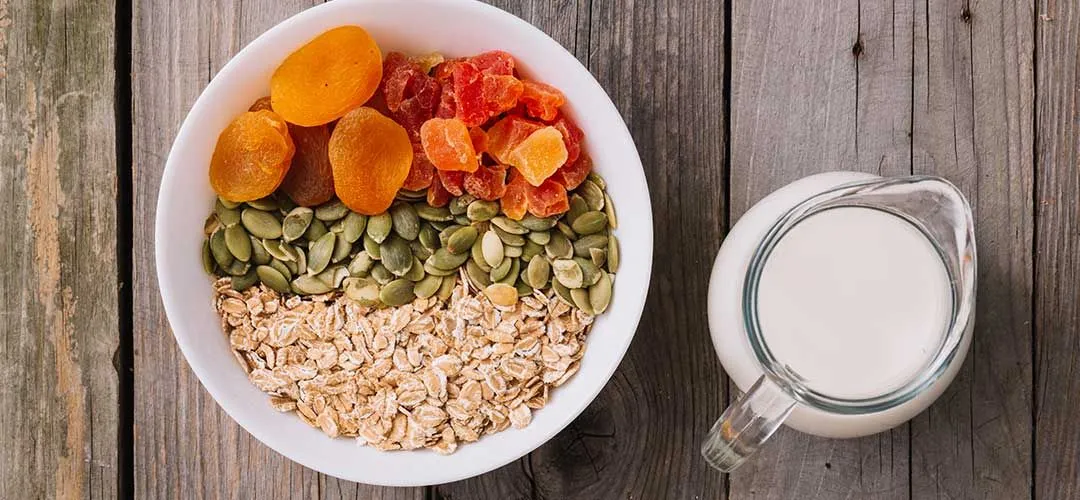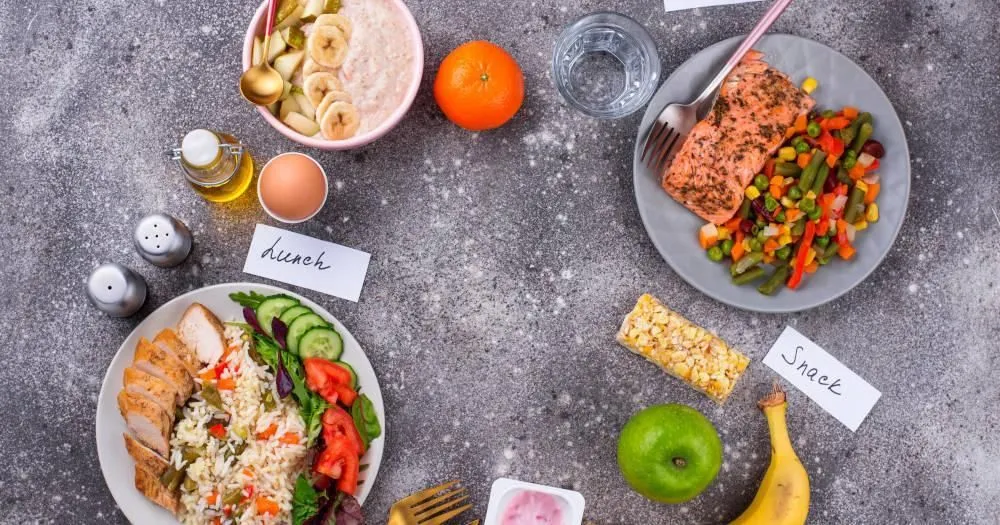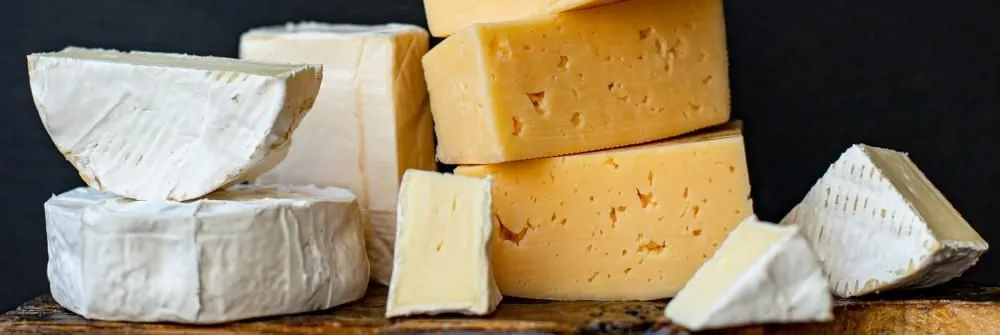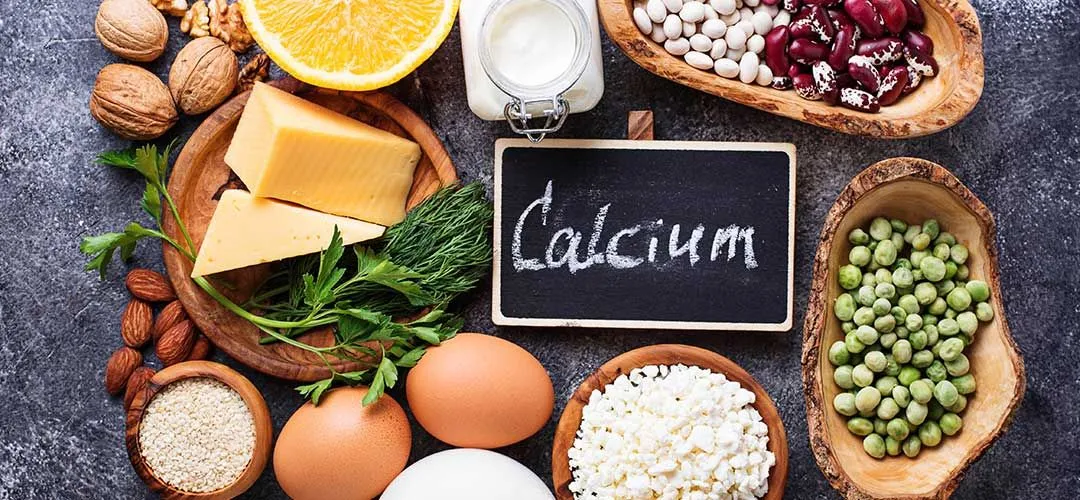For many years, the most loved nutrient by muscle and strength trainers is Protein, but recently it has gained popularity amongst weight watchers as well. As soon as the name of this nutrient is heard a mental image of strength and power of will is formed amongst all individuals.
The basic definition of the term Protein is that it is a chain of amino acids, which forms the building blocks of tissues in the human body. Protein plays a proactive role in building healthy bones, skin, hair, muscle, cells, and also enzymes (involved in nearly every function of the body).
Regular intake of adequate protein triggers protein synthesis and faster building of muscles because of which it is considered an essential nutrient for all athletes. Along with this, consumption of this nutrient also helps in improving the body composition, elimination of hunger, and lower body fat.
They also have an active role to play in aiding many health issues like sleep, blood pressure, cardiovascular diseases, etc. These benefits of this super-nutrient are still unknown because of which people wonder if it is safe to consume it or will it boost the weight loss process.
High-protein diets are known to help in the weight loss process as they lower down the hunger levels. Proteins are filling in nature and when consumed at adequate levels they provide high satiety value. A study has shown that if a person increases 1% of protein intake the calorie consumption level lowers by 32-50 calories.
Various studies have proven that consumption of a high-quality diet with at least 10 grams of essential amino acids results in lowering down the fat around your belly. 10 gms of these acids build the threshold against fat gain as protein synthesis is initiated in the body, which ultimately results in more muscle mass, higher energy levels, and greater thermic effect of food.
It is quite strange but is scientifically proven that your body cannot effectively burn and use fat as energy if it doesn’t have help from proteins. When you are on a weight loss regime, your body is losing both muscles and fat. At this time, it is important to increase the consumption of proteins which fuels the fat burning process and preserves calorie-burning lean muscle.
After an intense workout session, your body needs a boost and that’s where proteins come in. When you are on strength training regime even then the consumption of proteins is essential as it allows your muscle to repair and grow quickly.
Consuming higher levels of proteins helps in improving the bone density and thereby reducing the risks of osteoporosis. Though there have been many misconceptions about proteins being bad for bones, studies have proved that the amino acids present in these nutrients help in improved bone building. Along with this, it triggers the working of the IGF-1 hormone which is also a major regulator of bone metabolism.
The accelerated protein synthesis results in faster repair of injuries and strengthening of connective tissues which reduces the risk of future injuries as well. Along with this, the higher levels of amino acid prevent muscle atrophy, which lowers down the natural recovery speed of the injury.
It has been proven over time that high-protein diets allow people to sleep better without any disturbance in comparison to any other diet. This is because this nutrient triggers the chemical transmitter of the body which keeps you energetic and active throughout the day and sleepy and restful at night
Some of the essential elements to boost up the human lifespan includes physical strength, lower BP levels, muscle bones, bone health, etc. When you prefer protein diets in comparison to carbs diet along with above health improvements you also tend to improve the blood sugar tolerance, insulin health, and heart disease risk as well.
Low intake of protein is a strong factor that is responsible for the death of aging people as it leads to functional decline and frailty. Animal studies have also shown that higher levels of amino acids can increase the lifespan in humans by nearly 10 years!
So, now it is the right time to make this nutrient an essential intake daily. Here we have a high protein meal plan along with the list of some good source of proteins to help you make better food choices-
Breakfast: 2egg omelet made with olive oil, 1 ½ cup of chopped tomatoes, mushroom, and onion; served with 1 slice of multigrain toast.
Lunch: One medium multigrain roll with 100 grams of skinless chicken and 2 bowls of vegetable salad.
Snack: Veggie sticks with 2 tbsp of hummus or small low-fat fruit smoothie + protein powder
Dinner: 100 grams of sliced cooked lamb (150 grams raw) with 1 cup brown rice and 2 cups of stir-fry veggies.
Lean meat
Seafood
Eggs
Low-fat dairy products
Nuts and seeds
Beans and lentils
Soy products such as tofu
This is a never-ending debate and there have been both types of arguments on this – some praise the benefits of protein and calcium, others condemning high calories, saturated fat, and sodium. No matter on which side of the argument you stand, you’re likely to be still nibbling it away! Today, we have got some tips, which will allow you to eat cheese effectively and make it contribute to your weight loss efforts –
An absolute healthy way to incorporate cheese into a diet is to nosh on it between meals rather than having them as a full meal. It is a great source of calcium and protein and is easily portable. Stock up on pre-portioned options, such as The Laughing Cow wedges or mini Babybel cheeses, and enjoy them with wheat crackers, fruits, or a piece of toast with egg whites.
Irrespective of the type of cheese, you get at least 6 grams of quality protein in a 1-ounce serving. Not only does this make a significant contribution to your daily protein requirement, but the protein in cheese also supports weight loss.
The main working behind this is that it slows down the movement of food out of your stomach so you feel full longer, further, “Harvard School of Public Health” stated that cheese keeps blood sugar balanced, which means blood sugar won’t drop and trigger hunger. “American Journal of Clinical Nutrition” published research in May 2013 stating that protein stimulates satiety by affecting hormones that regulate your appetite.
There have been conflicting results in the role of dairy products and calcium in weight loss. However, the “American Journal of Clinical Nutrition” & “International Journal of Obesity” published reviews in 2012 stating that dairy products facilitate weight loss when they’re part of a calorie-controlled diet.
In October 2011, “Journal of the American College of Nutrition” explained that though there has been no direct relation between dairy intake and weight loss, low dietary calcium is a risk factor for being overweight. Like other dairy products, cheese is a rich source of calcium but the amount you’ll get varies from one brand to the next.
On one hand, being a dairy product, cheese contains vitamin A, potassium, and is an especially good source of vitamin B-12, which you need to make normal red blood cells and maintain healthy nerves. Cheese is also a good choice for a low carbohydrate diet.
On the contrary, cheese is high in saturated fat, so it’s important to choose low-fat or fat-free brands to avoid this unhealthy fat. Cheese can also be quite high in sodium ranging from 16mg-500mg.
The key is to enjoy this delicious dairy product in moderation. As per USDA, a serving as 1.5 oz (45 g), which is a good guideline per day when balanced alongside other saturated fats. Even if you’re into the real food philosophy, it’s still a good idea to show some restraint. Indulging into foods you like positively contributes to weight loss but keeping a check on portions and frequencies is the key to success.





